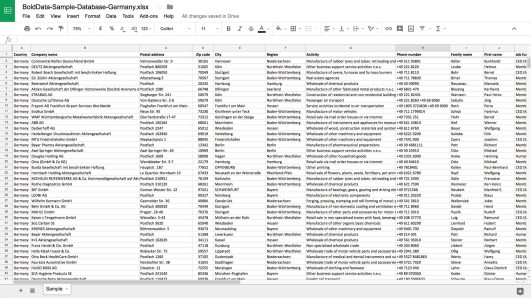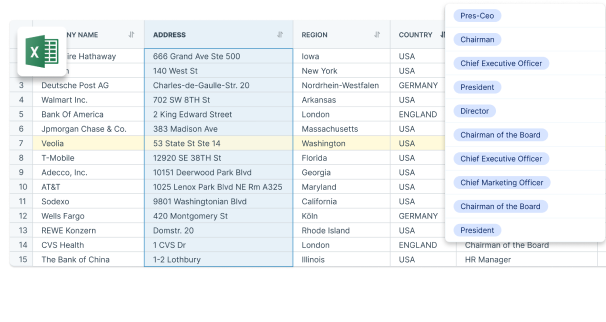Why Every Business Should Adopt a Data Driven Marketing Strategy
Data-driven marketing refers to the process of using data to understand and analyze customer behavior, preferences, and interactions. With the rise of big data, businesses can collect and analyze vast amounts of information about their customers, allowing them to make data-driven decisions when it comes to marketing.
At its core, data-driven marketing is all about using data to understand your customers better and create targeted marketing campaigns that speak to their needs and interests. Businesses can create more personalized marketing experiences that resonate with their target audience and drive results by analyzing customer data.
The Benefits of Data-Driven Marketing
There are numerous benefits to adopting a data-driven approach to marketing. Here are just a few of the most notable advantages:
- Improved Targeting: With access to detailed customer data, businesses can create highly targeted marketing campaigns that speak to their audience’s specific needs and interests. This can lead to increased engagement and conversions, as customers are more likely to respond positively to messaging that resonates with them.
- Better Insights: Businesses can gain valuable insights into customer behavior and preferences by analyzing customer and company data. This can help them make more informed decisions, from product development to pricing strategies.
- Increased Efficiency: Data-driven marketing allows businesses to optimize their marketing efforts for maximum efficiency. Businesses can achieve better results with less effort by focusing on the marketing channels and tactics that are most effective for their target audience.
- Enhanced Customer Experience: By creating more personalized marketing experiences, businesses can improve the overall customer experience. This can lead to increased loyalty and repeat business, as customers are more likely to stick around when they feel understood and valued.
How to Implement Data-Driven Marketing
Implementing a data-driven marketing strategy requires a few key steps:
- Collect Customer Data: The first step is to collect as much data as possible about your customers. This includes demographic information, browsing behavior, and purchase history.
- Analyze the Data: Once you have collected customer data, the next step is to analyze it to gain insights into customer behavior and preferences. This may involve using data analysis tools and software to identify patterns and trends.
- Create Targeted Campaigns: Based on the insights gained from data analysis, businesses can create targeted marketing campaigns that speak to their audience’s specific needs and interests.
- Test and Refine: Data-driven marketing is an ongoing process, and it’s important to continuously test and refine marketing campaigns based on customer feedback and data analysis.
Start your Data Driven Marketing with BoldData!
Data-driven marketing is a powerful approach that can help businesses improve targeting, gain valuable insights, increase efficiency, and enhance the overall customer experience. By collecting and analyzing customer data, businesses can create more personalized marketing campaigns that resonate with their audience and drive results. If you want to take your marketing to the next level, a data-driven approach is worth considering. Contact us at BoldData to help you get started!
Contact us for free tailor-made advice about data driven marketing. Please call +31(0)20 705 2360 or send an e-mail to info@bolddata.nl.

